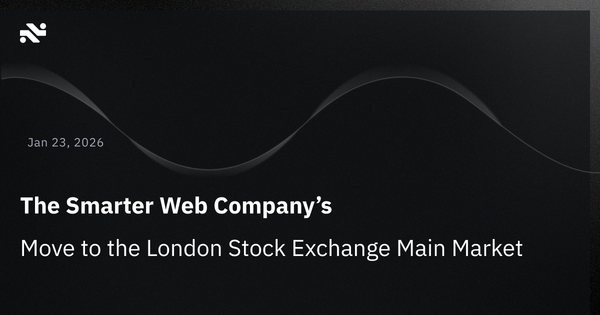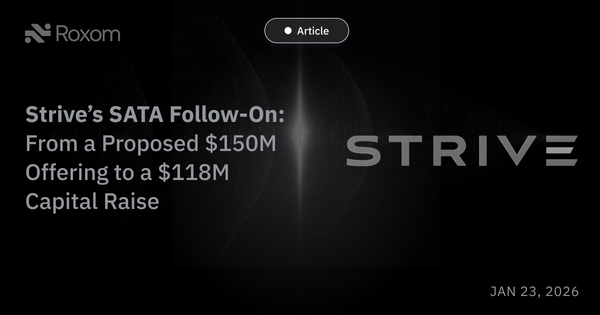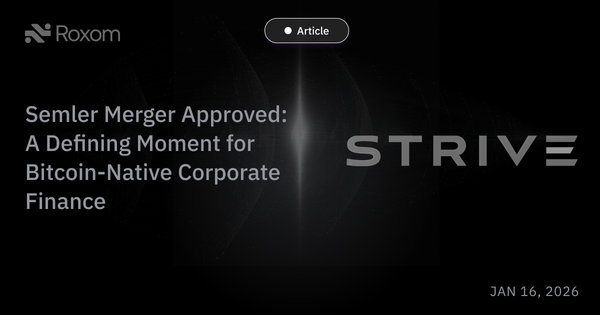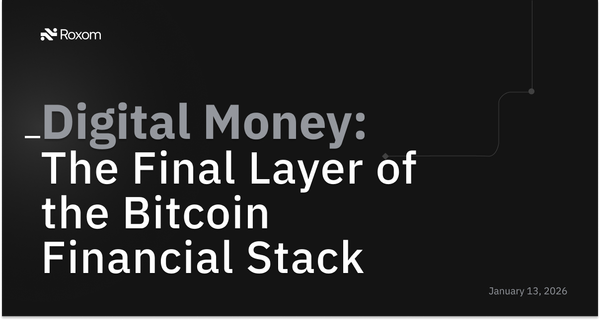Dilution vs. Dominance: Inside Metaplanet’s $1.4B Bitcoin Bet
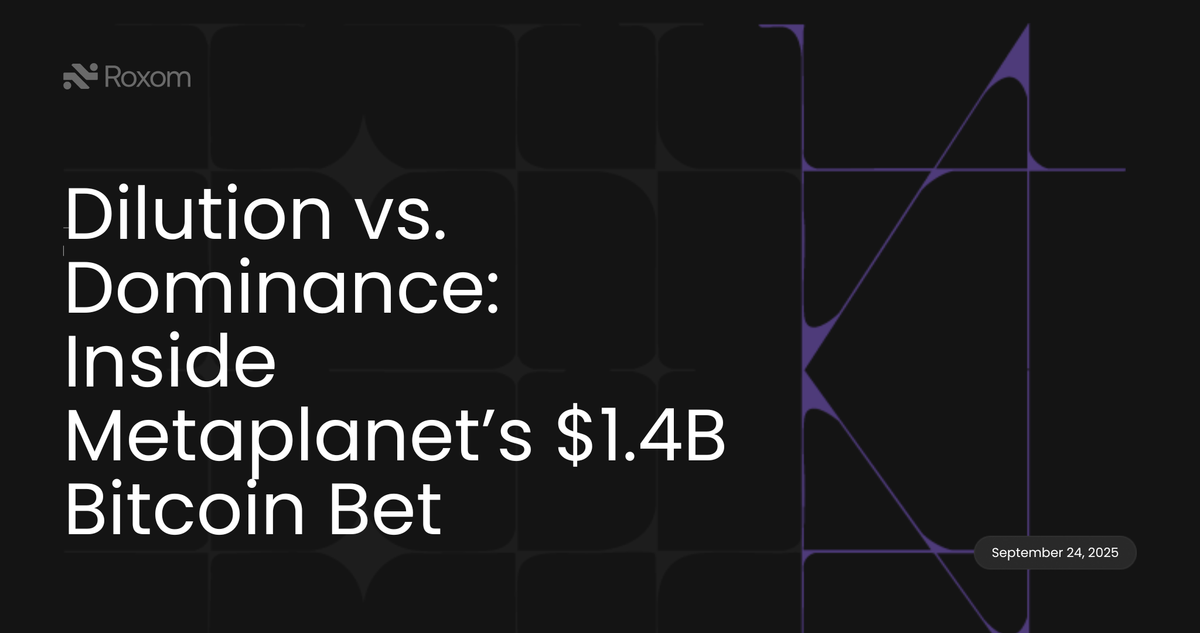
Tokyo Metaplanet Inc., the Tokyo-listed company reinventing itself as Japan’s Bitcoin proxy, has completed one of the largest crypto-treasury financings in Asia. In mid-September, the firm raised ¥205.4 billion ($1.4 billion) via an overseas offering of 385 million shares—capital it will use primarily to buy Bitcoin. The move, designed to accelerate Metaplanet’s ambition to become the world’s second-largest corporate Bitcoin holder after MicroStrategy, has instead unleashed volatility in its stock.
A High-Stakes Offering
The shares were priced at ¥553 each, a 9.93% discount to the ¥614 closing price on September 9. Roughly ¥183.7 billion of the proceeds are slated for Bitcoin acquisitions by October, while ¥20.4 billion will expand the company’s Bitcoin income business.
Management argues the offering serves four strategic objectives:
- Acquire Bitcoin rapidly and maximize BTC yield per share, enhancing existing shareholder exposure.
- Expand BTC Net Asset Value (BTC NAV) to establish a foundation for future capital policies, including the issuance of BTC-backed preferred shares.
- Secure a scale-based competitive advantage as Japan’s leading Bitcoin treasury company.
- Broaden and diversify financing channels by tapping international markets, moving beyond reliance on moving-strike warrants.
Why Now?
The timing reflects competitive urgency. According to Metaplanet, the number of publicly listed companies holding Bitcoin has surged in 2025, transforming the landscape. By boosting holdings in a short period, the company currently ranked sixth globally aims to leapfrog rivals into the No. 2 slot behind MicroStrategy.
Institutional demand also drove the decision. Management said it had received “indications from many overseas institutional investors expressing their intent to consider equity acquisition when capital policies are executed.” The offering was designed to meet that latent demand and to cement Metaplanet’s positioning in global capital markets.
Investor Feedback and Credibility Boost
The bookbuilding process drew interest from a broad base: global asset managers, sovereign wealth funds, central banks, hedge funds, and family offices. Investors highlighted Japan’s unique backdrop—low interest rates, NISA tax incentives, and deep capital markets—as fertile ground for a Bitcoin treasury play.
Equally important, Metaplanet secured a major global investment bank as lead bookrunner, a first for a Bitcoin treasury firm in Japan. Management underscored that this selection was a signal of credibility, given investment banks’ caution in underwriting companies in emerging sectors.
The Price of Expansion
Despite strategic logic, the market response was unforgiving. Shares fell toward the issue price as dilution set in. The share count swelled by over 35%, diluting book value per share until new Bitcoin purchases are reflected.
Further pressure came from the adjustment of Metaplanet’s moving-strike warrants. Because the offering priced below market, the company lowered the warrants’ minimum exercise price from ¥777 to ¥637. This anti-dilution adjustment protects warrant holders but creates an overhang if shares climb above that threshold, new supply could hit the market.
Compounding matters, the offering triggered a 40-day IR blackout under Reg S/144A rules, silencing promotional activity at a moment when sentiment turned negative.
Why NAV Matters
Management insists that growing BTC NAV is critical. The planned issuance of preferred shares is capped at 25% of BTC NAV, meaning the larger the Bitcoin holdings, the greater the company’s capacity to tap this innovative capital tool. NAV also underpins Metaplanet’s credibility as a Bitcoin treasury leader, both in Japan and abroad.
For shareholders, maximizing Bitcoin per share is the ultimate carrot. If the company quickly buys BTC with the ¥183.7 billion allocation, existing investors gain amplified exposure to Bitcoin’s upside. The firm stresses that the proceeds will be deployed within weeks, with the aim of boosting BTC yield per share in the short term, not years down the road.
A Divided Market
Institutional shorts swarmed into the name in early September, betting that dilution and execution risk would drag the stock lower. By September 15, the stock plunged below ¥600 on heavy volume. Yet bulls—including MicroStrategy’s Michael Saylor—remain undeterred. Saylor predicted Metaplanet could one day become “the most valuable company in Japan,” underscoring the polarization of views.
Additional Commentary & Management Response
Now that the quiet period has ended, management has addressed shareholder questions directly.
On the September–October BTC Purchase Window
Gerovich stressed the window was a regulatory formality, not a rigid limit: “Our actual approach prioritizes speed while being thoughtful about market impact. Dumping all into the market in one day would be irresponsible. We’ll be diligent but decisive.”
On the Share Price Drop and Shorting Allegations
Between the offering announcement (¥890) and pricing (¥553), shares fell ~30%. Some shareholders speculated short selling played a role. Gerovich responded: “Short selling stock and covering with shares from the offering is illegal. Every broker in Japan was explicitly informed of this fact. The ~30% decline was obviously not what we planned or wanted.”
While he declined to speculate on specific trades, he acknowledged broader factors such as market uncertainty about deal size and sentiment.
On the 10% Discount to Institutions
Director Dylan LeClair emphasized that discounts are normal for billion-dollar offerings: “Scale of billions is different than tens or hundreds of millions. The discount brings global capital markets players to the table, who may not otherwise engage. The long-term exposure and relationships are often worth more than the face-value discount.”
On Investor Engagement
Metaplanet engaged ~100 institutional investors during the roadshow. Gerovich noted that many were long-only allocators: “That alone made this process supremely valuable. These are institutions who will be monitoring Metaplanet for years.”
Investors cited Japan’s structural advantages (low rates, NISA tax benefits), Metaplanet’s clean balance sheet, retail demand, and its roadmap to BTC-backed preferreds as reasons for interest.
On Lessons Learned and Future Tools
Gerovich admitted equity issuance at sub-1x mNAV would be destructive: “At that point we’d pivot to preferred shares, or even stock buybacks. This is exactly why we’re laser-focused on getting perpetual preferred stock as a tool in our arsenal.”
The message: Metaplanet is intent on building a “full financing toolkit” to navigate different market conditions.
Looking Ahead
Three events will test investor patience:
- End of IR blackout: Once the 40-day silence lifts, will management’s narrative reset sentiment?
- Warrant dynamics: With the exercise suspension lifted in October, will the ¥637 floor become a ceiling?
If Bitcoin trades at $117,000, the $1.26 billion allocated from the equity raise could buy roughly 10,770 BTC. On top of that, management has scope to raise an additional $900 million via preferred shares, which would translate into another 7,690 BTC. Together, that implies the potential to add ~18,460 BTC to the treasury. Added to Metaplanet’s existing 20,136 BTC, the company could be on course to hold nearly 39,000 BTC—firmly establishing itself as the second-largest corporate Bitcoin holder globally.
In the longer term, Metaplanet’s ambitions stretch beyond balance sheet math. Its U.S. unit, Metaplanet Income Corp., aims to turn Bitcoin derivatives into a reliable cash engine, while its Tokyo-based Bitcoin Japan Inc. anchored by the Bitcoin.jp domain seeks to shape Japan’s Bitcoin ecosystem through media and events.
For now, though, Wall Street sees a paradox: a company with bold vision, deep-pocketed backers, and pioneering strategy, yet a stock trapped in the mechanics of dilution, warrants, and silence. Investors must decide whether this turbulence is the price of transformation—or a warning sign.

